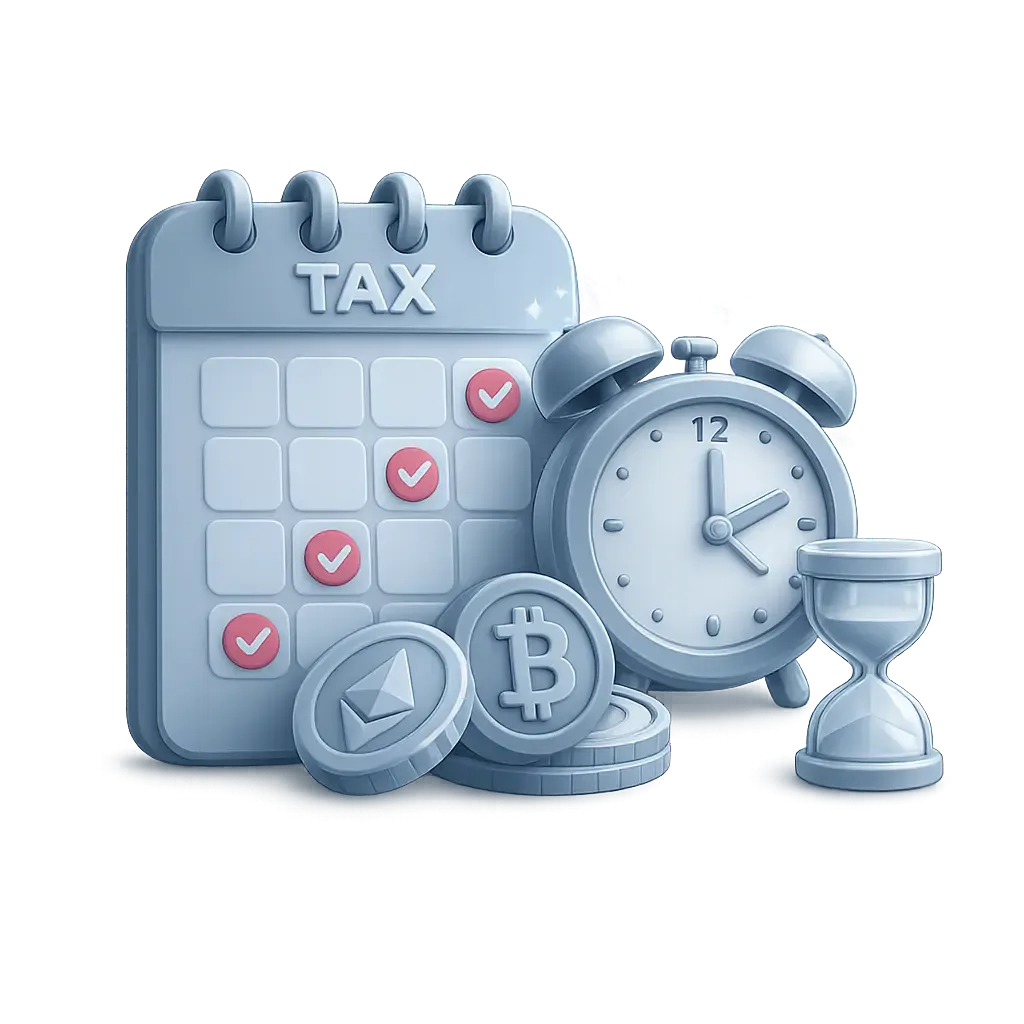W-2s and 1099s Due to Recipients
Employers and financial institutions must send you tax forms by today. Normally 1/31 but that date falls on a Saturday in 2026.
Employers and financial institutions (including crypto exchanges) must send you tax forms by today. This includes:
Forms you should receive:
- W-2: Wages from employers
- 1099-NEC: Nonemployee compensation (freelance, contractor work $600 for 2025; $2,000+ starting 2026)
- 1099-MISC: Other income (staking rewards, airdrops over $600 for 2025; $2,000+ starting 2026)
- 1099-K: Payment card/third-party network transactions ($20,000+ AND 200+ transactions threshold for 2026)
- 1099-INT: Interest income
- 1099-DIV: Dividend income
What if forms are late?
- Allow some additional time to receive the forms, as they may just be late.
- Contact the issuer
- IRS allows you to file without them if issuer is unresponsive
- Estimate income based on your records
- You may receive corrected forms later (common with crypto exchanges)
Crypto-specific alert
Not all crypto transactions generate 1099s. DeFi platforms, DEXs, and self-custody wallets don't issue forms. You're still required to report ALL crypto income and gains.


